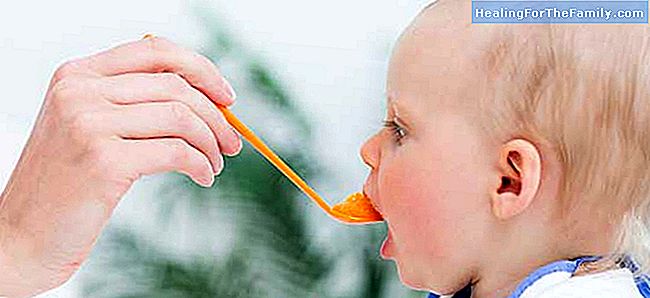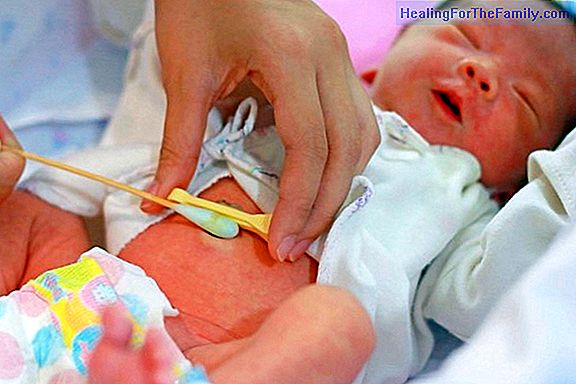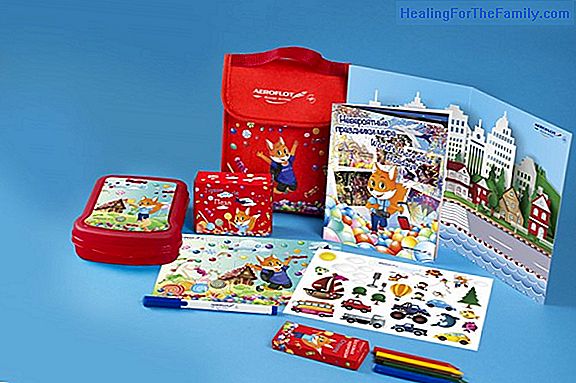Feeding babies with acute and persistent diarrhea
Diarrhea is a frequent disease in exclusive nursing babies and during the process of weaning, when introducing new foods to which the child's digestive system must get used little by little. Sometimes, this pathology can become complicated and lead to acute and persistent diarrhea that can even be f
Diarrhea is a frequent disease in exclusive nursing babies and during the process of weaning, when introducing new foods to which the child's digestive system must get used little by little. Sometimes, this pathology can become complicated and lead to acute and persistent diarrhea that can even be fatal. Although today ha mortality has decreased
due to medical advances, some feeding recommendations should be followed for these cases. How to feed a baby with acute diarrhea According to the
National Institute of Pediatrics of Mexico IN (INP), the nutritional care of a baby with acute diarrhea seeks to avoid dehydration and malnutrition of the infant, shorten its duration and reduce the risk of major complications.

In the event that the baby is still fed exclusively breast milk, it must be maintained. In the case of mixed feeding, with formula milk and complementary foods, the formula should not be diluted and products containing fats, juices, tea, soft drinks and soups or broths should be avoided.
Recommended foods until diarrhea is reversed include rice, fiber-rich products and some fruits such as bananas. In the event that the baby needs rehydration, the INP advises to replenish liquids in four hours and then continue with the usual diet.
Recommendations for persistent diarrhea Persistent diarrheas are described by the World Health Organization (WHO) as those that last more than 14 days and are usually caused by intestinal infections by bacteria, viruses or parasites.
In this case, you must act on the agent that causes the disease and monitor very closely that there is no dehydration or malnutrition of the baby. Most likely se hospital admission is required.
Sources consulted: - WHO - National Institute of Pediatrics of Mexico
Patricia García . Collaborator of GuiaInfantil.com












